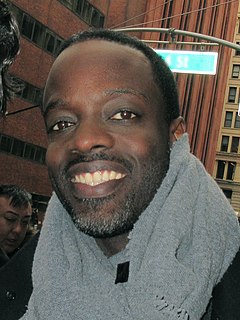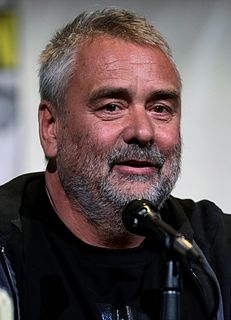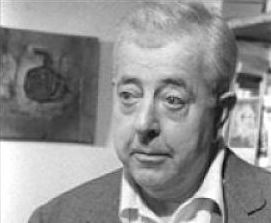A Quote by Margot Lee Shetterly
History happens as soon as I pick up my coffee cup - it happened 30 seconds ago. It's history.
Related Quotes
It's all a play. Hiroshima and Nagasaki happen, there are hundreds of thousands of dead, and the curtain comes down, and that's the end of that. Then Korea happens. Vietnam happens, all that happened in Latin America happens. And every now and then, this curtain comes down and history begins anew. New moralities and new indignations are manufactured...in a disappeared history.
Let's say that history is what happened. The record of what happened is how each individual happens to see those events. They've already been ?ltered. When the historian or biographer takes over, history is no longer exactly what happened, because there has been a process of selection going on; it's impossible to write about anyone, any event, in any period of time, without in some way imposing, even unconsciously, your own standards, your own values.
If you get too deep into the history, what often happens to a lot of us actors is that we become stilted. We forget that we're reading about something that happened a hundred years ago. If we don't put the human emotion that would naturally be in there, we end up being stilted instead of being human beings.
I wrote the entire history of Alpha because the space station was around for 500 years. I have 30 pages on the history of Alpha. Every ten years what happens. They took control and what happened. Every 80 years, they have to change the communication system because it doesn't work anymore. Some aliens come with new technology, and suddenly you can change the electric system. We wrote the entire story [for Valerian]
Not all that is presented to us as history has really happened; and what really happened did not actually happen the way it is presented to us; moreover, what really happened is only a small part of all that happened. Everything in history remains uncertain, the largest events as well as the smallest occurrence.






































